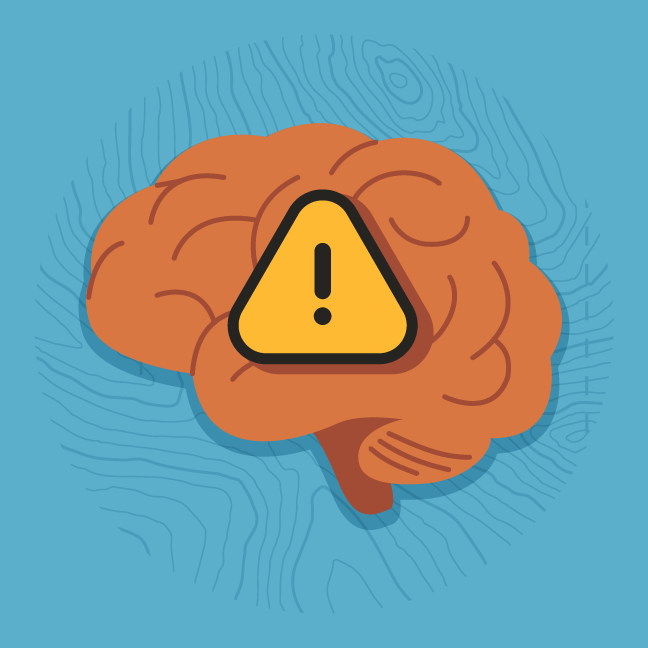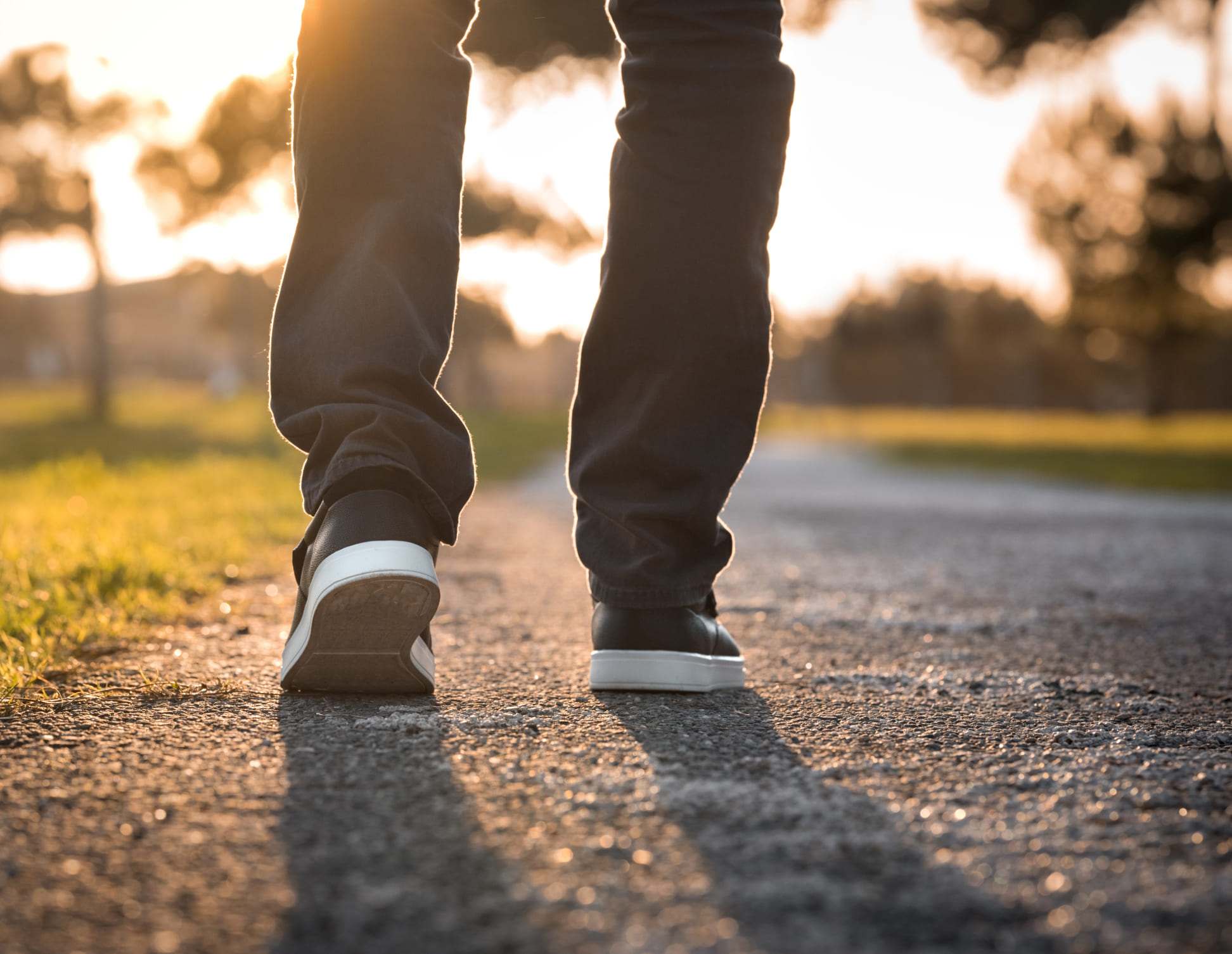Cannabis can impact your health—whether you smoke it, eat it, drink it, vape it, or dab it. While more research needs to be done, below are the health impacts we do know. Many of these impacts can increase with frequent and long-term use.

Using cannabis can impact your health and the health of others.

Panic attacks, paranoia, and hallucinations can be more common when using products with high THC levels and for individuals with a family history of mental health conditions.

Pregnancy and breastfeeding are big life transitions—and every experience is unique. To protect you and your baby’s health, the CDC, the Surgeon General, and the American College of Obstetricians and Gynecologists recommend avoiding cannabis during this time. Fully understanding the effects of cannabis on a fetus or baby has been difficult because of research limitations, and because those who use it often use other drugs, like alcohol and tobacco. However, here are four important things to know. You can also find a pregnancy and breastfeeding flyer in seven languages here.


For help quitting cannabis, call the Washington Recovery Helpline at (866) 789-1511. If cannabis has been accidentally consumed, call your doctor or the Washington Poison Center at (800) 222-1222.